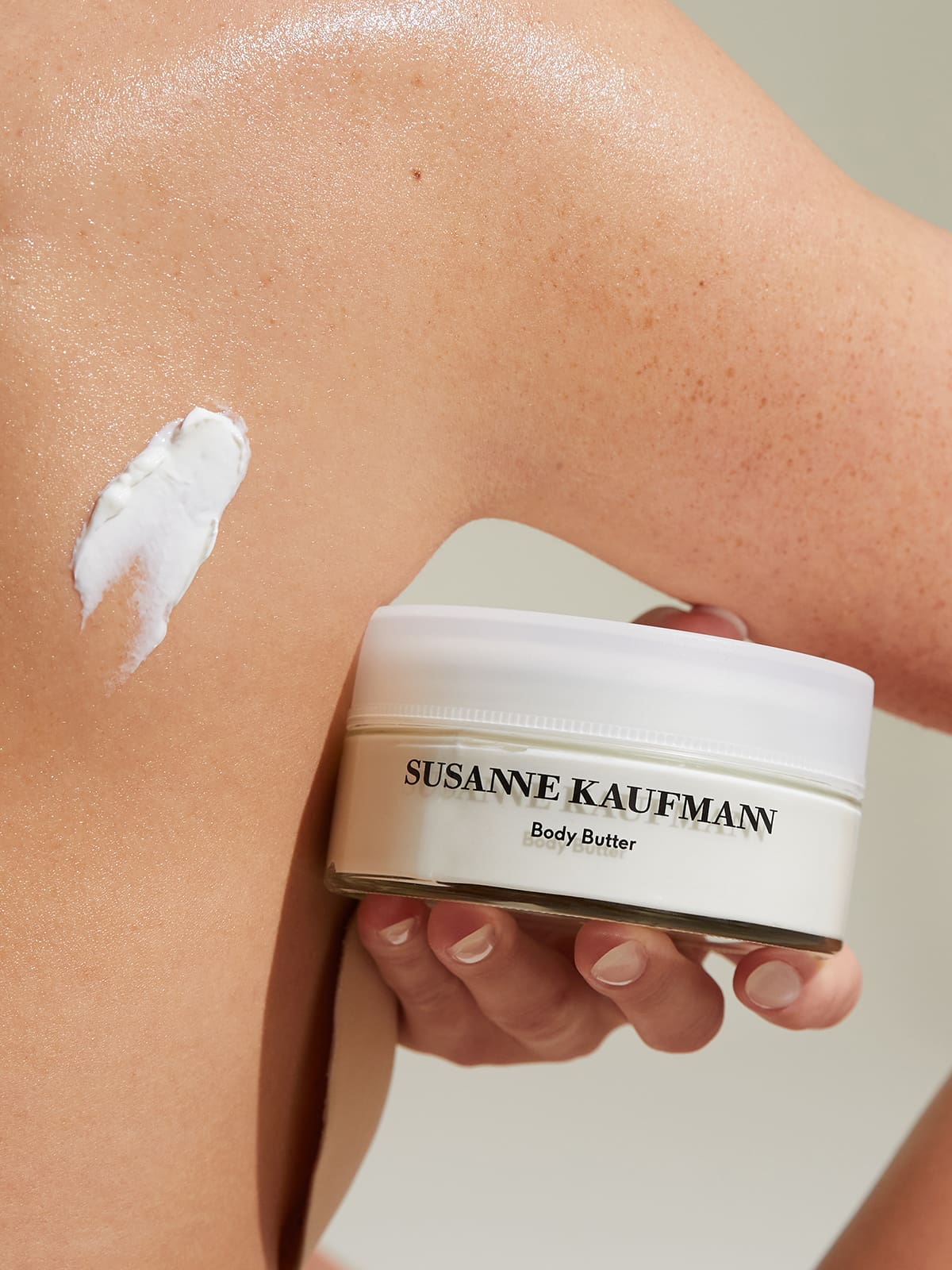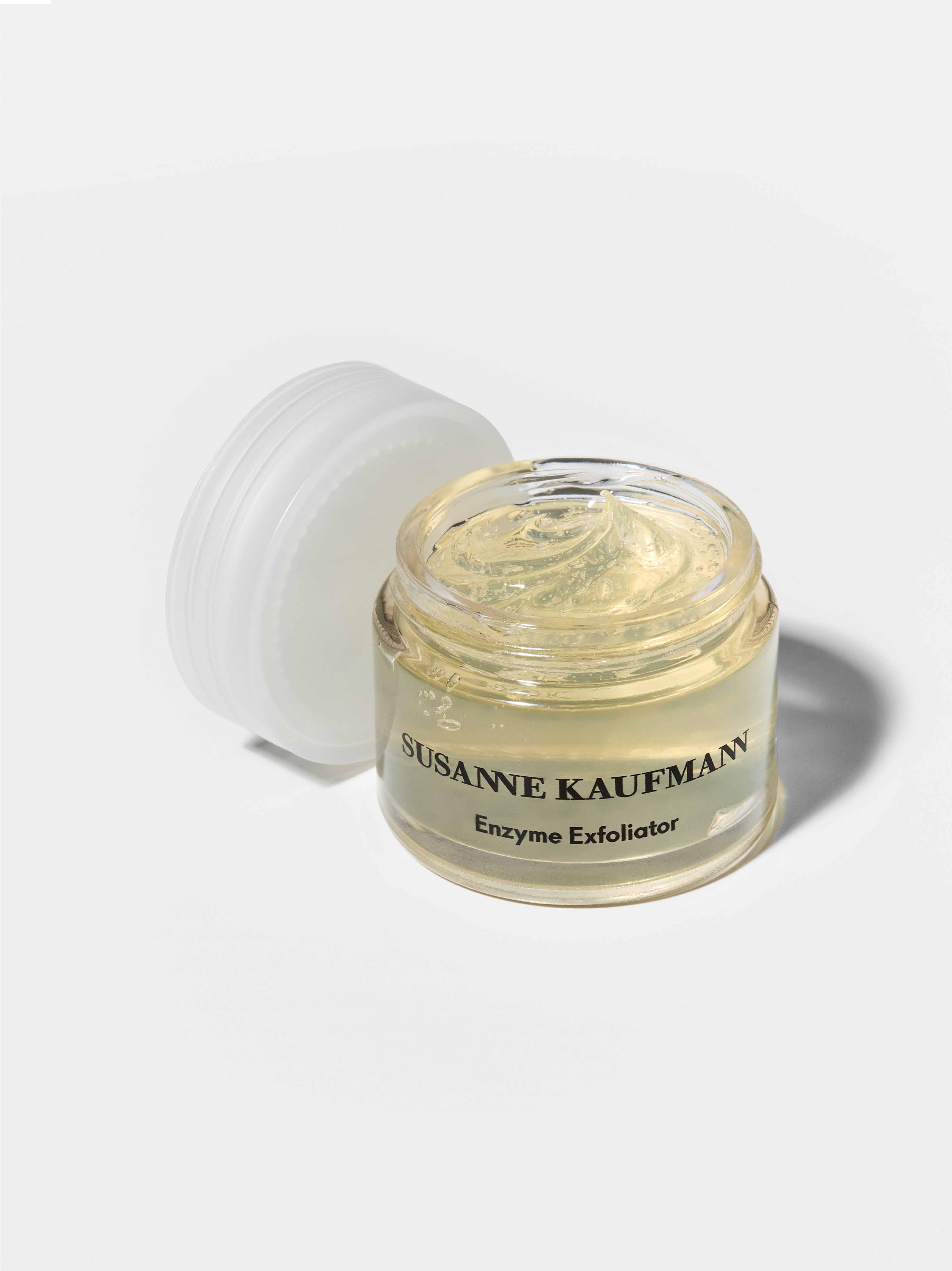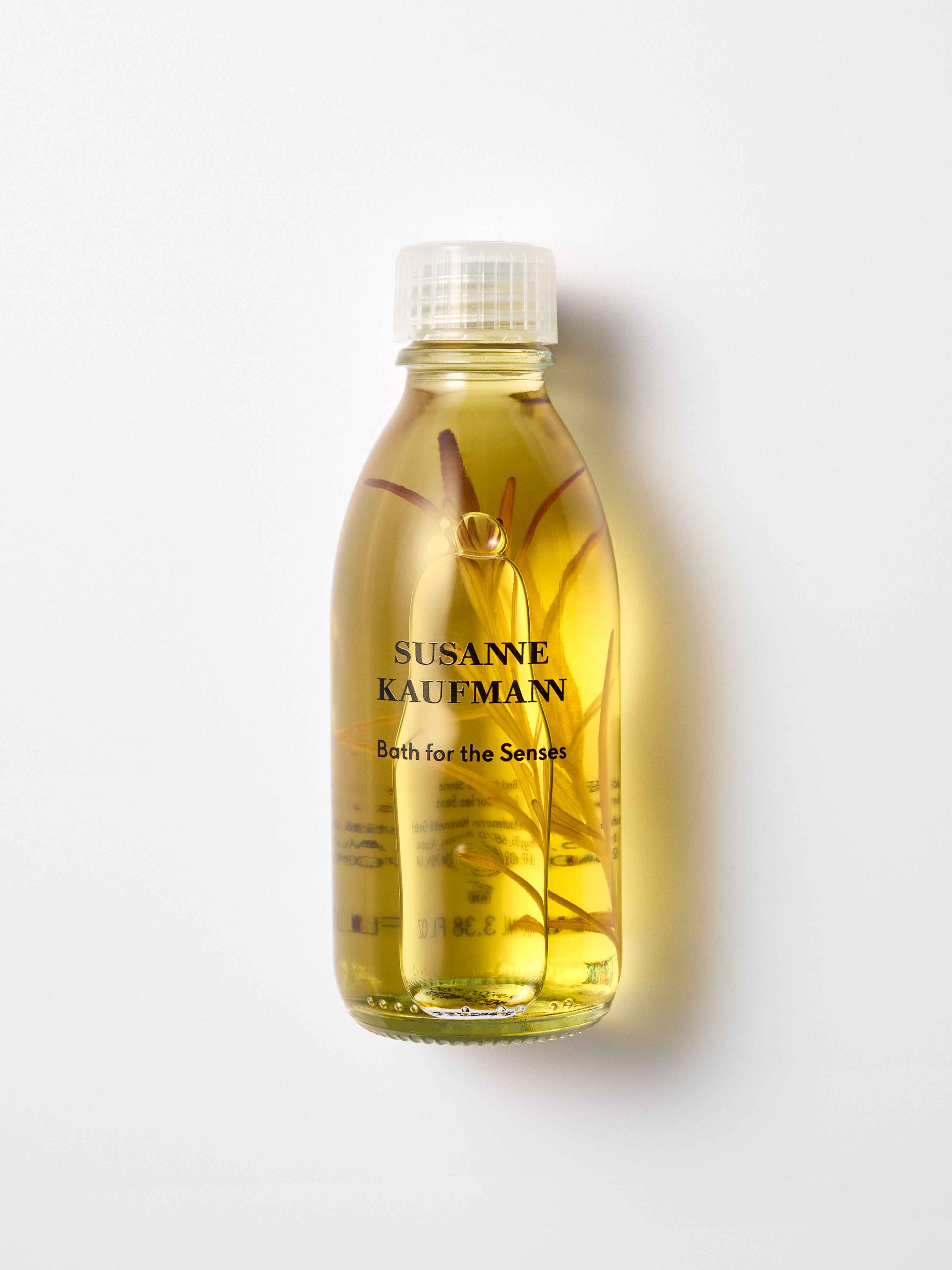The Difference Between Skin Hydration and Moisture


Learn about the two important factors needed to maintain healthy, glowing skin.
In skincare, hydration and moisture are often used interchangeably — but they refer to two distinct concepts that play different roles in skin health. Understanding the difference between hydrating and moisturising the skin is essential for building an effective routine, especially if you're targeting concerns like dryness, dullness or dehydration.
In this guide, we’ll explore what hydration and moisture really mean, how to tell what your skin is lacking, and the best skincare products for hydration and moisture. Whether your skin is dry, dehydrated, or a combination of both, discover how to restore balance and maintain a radiant, healthy-looking complexion.
What Is Skin Hydration and Why Does It Matter?
Skin hydration refers to the process of increasing the water content within skin cells, helping to maintain softness, elasticity, and a healthy-looking glow. When the skin is properly hydrated, it appears plump, smooth, and resilient — with a natural radiance that signals overall skin health.
Maintaining optimal hydration levels in the skin not only supports daily comfort and glow but also helps to prevent premature signs of ageing and protect against environmental stressors like sun exposure and pollution. Replenishing your skin’s moisture barrier through hydrating skincare is essential for long-term vitality and resilience.
The Best Skincare Ingredients and Products for Hydrated Skin
To achieve deeply hydrated, healthy-looking skin, it’s essential to incorporate powerful humectant ingredients into your daily skincare routine. Humectants work by attracting and retaining moisture within the skin, helping to boost hydration levels from within and maintain a smooth, plump complexion.
Whether you're caring for your face or body, these ingredients are key to restoring radiance and resilience. To keep your skin looking its best, look for these top humectants in your skincare products:
Hyaluronic Acid
Known for its extraordinary ability to bind moisture, this powerful acid binds up to 1000 times its weight in water. Hyaluronic acid-infused face care, such as Hyaluron Serum and Hydrating Face Gel, keep the complexion looking beautifully plump and full.
Aloe Vera
This plant extract is rich in minerals that provide intense hydration while soothing signs of irritation. Houseleek, a locally sourced alternative, offers similar benefits and can be found in Moisturing Day Fluid and Night Cream. Working effectively as morning and night-time moisturisers, the houseleek-enriched formulas deliver long-lasting moisture all day.
Glycerin
This moisturising agent works by pulling water from the outer layer of the skin and air to stop the skin from drying out. Ideal to moisturise even the toughest of skin, a natural form is used in the Hand Soap, protecting the hands from external stressors by locking in hydration.
What Is Skin Moisture and Why Is It Important?
Moisture in skincare refers to the balance of water and lipids that make up the skin’s natural protective barrier. This barrier locks in hydration and shields the skin from environmental aggressors like cold weather, wind, and pollution.
By sealing moisture into the skin’s surface, you help strengthen the skin barrier, support long-term skin health, and prevent common concerns such as dryness, irritation, and flakiness. Proper moisturisation also helps to soften the appearance of fine lines and wrinkles, leaving the skin feeling smooth, supple, and more youthful.
The Best Skincare Ingredients and Products for Moisturised Skin
Building an effective moisturising skincare routine starts with choosing products that contain the right balance of emollients and occlusives. Emollients help replenish the skin with nourishing oils, restoring softness and smoothness, while occlusives work to seal in moisture and protect against transepidermal water loss.
To further enhance moisture retention and promote a radiant complexion, look for natural skincare ingredients rich in essential nutrients, fatty acids, and vitamins. These help to fortify the skin barrier and support long-term hydration. For deeply moisturised, healthy-looking skin, seek out products featuring the following key ingredients:
Jojoba Oil
Naturally full of vitamins, jojoba oil is an effective moisturiser and improves skin elasticity. This incredibly moisturising oil is used in Nourishing Day Cream and can be used for the most sensitive skin types. The botanical is also infused in the Marigold Body Oil, creating a nourishing treatment to protect the whole body from signs of dryness.
Shea Butter
Shea butter has been used for centuries to increase the skin’s moisture. Featured in the highly nourishing Body Butter, this powerful fatty acid-rich ingredient restores moisture levels and keeps skin velvety soft.
Baobab Pulp Extract
Baobab pulp extract has firming, moisturising, and energising properties, leaving skin feeling silky and supple. Utilising the properties of this skin superfood, Nourishing Eye Cream gives moisture to the delicate undereye area, helping to smooth away the appearance of fine lines.
What’s the Difference Between Skin Hydration and Moisture?
When it comes to skincare, knowing the difference between hydration and moisture is key to choosing the right products for your skin’s needs.
-
Hydration refers to the skin’s ability to absorb and retain water within its cells. Hydrated skin appears plump, smooth, and glowing — it’s about increasing water content for optimal softness and elasticity.
-
Moisture, in contrast, involves adding oil-based ingredients to the skin to create a protective barrier. This barrier helps lock in hydration, prevent water loss, and protect against dryness and external irritants.
In short:
Hydration = water in the skin.
Moisture = sealing that water in.
Understanding whether your skin is dry, dehydrated, or both is essential for building a tailored routine that restores balance, comfort and radiance.
Do You Need More Hydration or Moisture in Your Skincare Routine?
To understand what your skin best needs, it is important to identify your skin type. For treating dryness, such as peeling or flaking skin, we recommend using products with moisture. Dry skin can commonly appear during winter and can benefit from ultra-moisturising products with a thicker consistency, such as Moisturising Mask or Nourishing Rich Cream. The ultra-rich cream replaces lost moisture while nourishing chapped skin.
However, if your skin is dull and lacklustre, with increased fine lines and wrinkles, it could be experiencing dehydration. In this case, it is best to use hydrating products to lock in moisture into the parched skin cells. Dehydrated skin can commonly occur in warmer months, so look for lighter summer skincare to achieve a plump, energised look. Additionally, a holistic approach is key for hydrating the skin. This includes getting a good night’s sleep, drinking enough water, and eating a varied diet that is rich in essential fatty acids.
Whether your skin is leading towards the dry or dehydrated side, including a mix of hydrating and moisturising products in your skincare routine is always beneficial for maintaining optimal health.












































